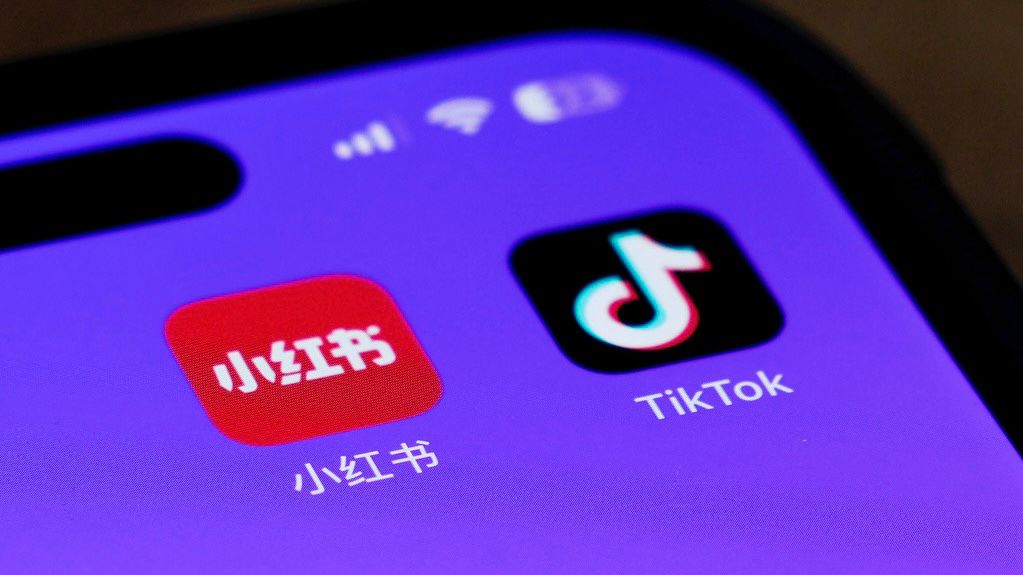BUFFALO, N.Y. — The deadline for Gov. Cuomo’s Executive Order 203 for local law enforcement entities to submit reform proposals is upon us, and Buffalo Police Department’s community engagement in its plan is in question.
In May 2020, following the death of George Floyd while in police custody in Minneapolis, MN, Cuomo released an Executive Order stating that all New York police departments review and revise their policies to “eliminate racial inequities in policing” and “better address the particular needs of communities of color to promote public safety, improve community engagement, and foster trust.” The Executive Order also states that police departments that miss the April 1, 2021 deadline could face a cut in funding.
Controversy surrounding the BPD’s proposal stems from the timing of the submission and requests for public comment. The proposal is due April 1, but it was released March 23 and public comment was only open for three days. The resolution repeatedly states the inclusion of public engagement and calls itself a “living document” that will change with input.
Mayor Byron Brown said beginning the day after George Floyd's death, the city started to receive feedback to improve police relations with the community via email, phone call, and mail. He said he is confident in the efficacy of this resolution and the efforts to include voices of all backgrounds in it.
Some of Buffalo Police Department’s key takeaways from the resolution include:
- Banning of chokeholds
- Utilization of a behavioral health team called Law Enforcement Assisted Diversion (LEAD) to respond to low-level offenses, including drug and prostitution offenses
- Implementing de-escalation techniques
- Prioritizing community engagement
- Requiring that officers recruited to the force live in the community they serve
- Offering online public surveys, provided by the Commission on Citizen Rights and Community relations for people to provide feedback after police interactions, all of which will be public record
- The survey will also be used to identify disparities in policing between neighborhoods as well as multiple complaints about officers (also public record)
- Joining the Police Data Initiative for the public’s ease of access to information about the department
- Reinstating monthly public District meetings
- Implementing a policy where executive command staff assist officers in the field monthly
To view the City of Buffalo's Police Reform Agenda, click here.







